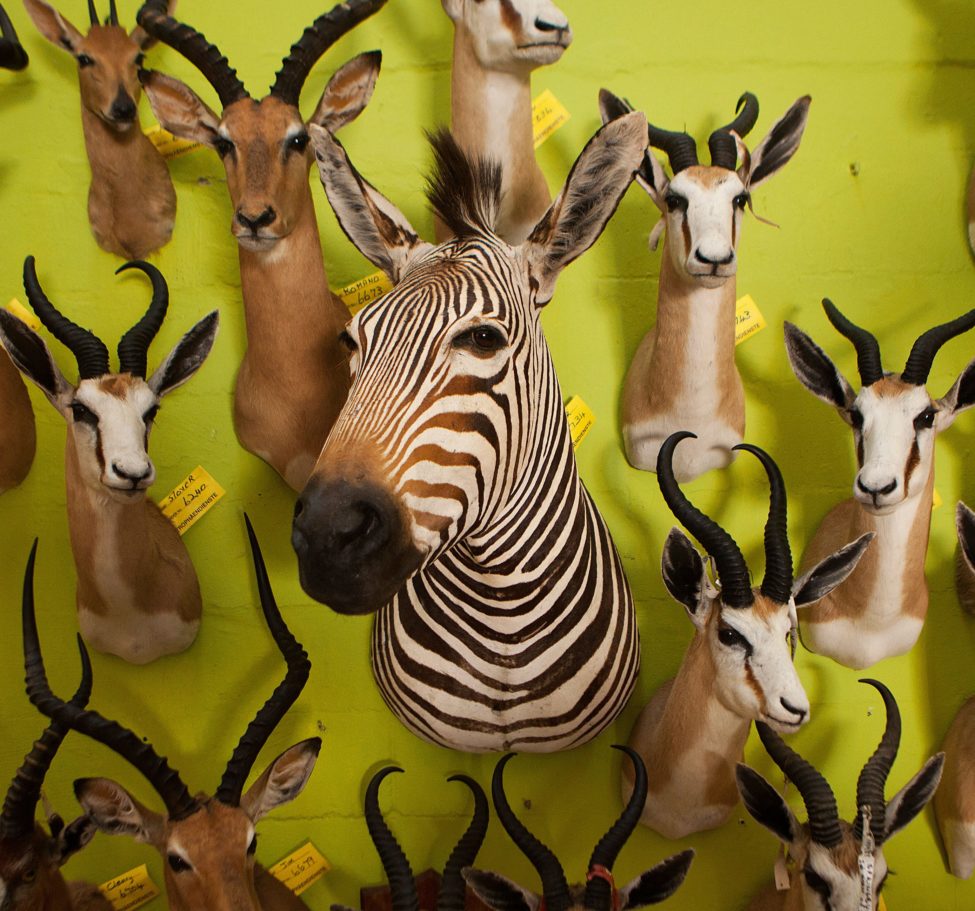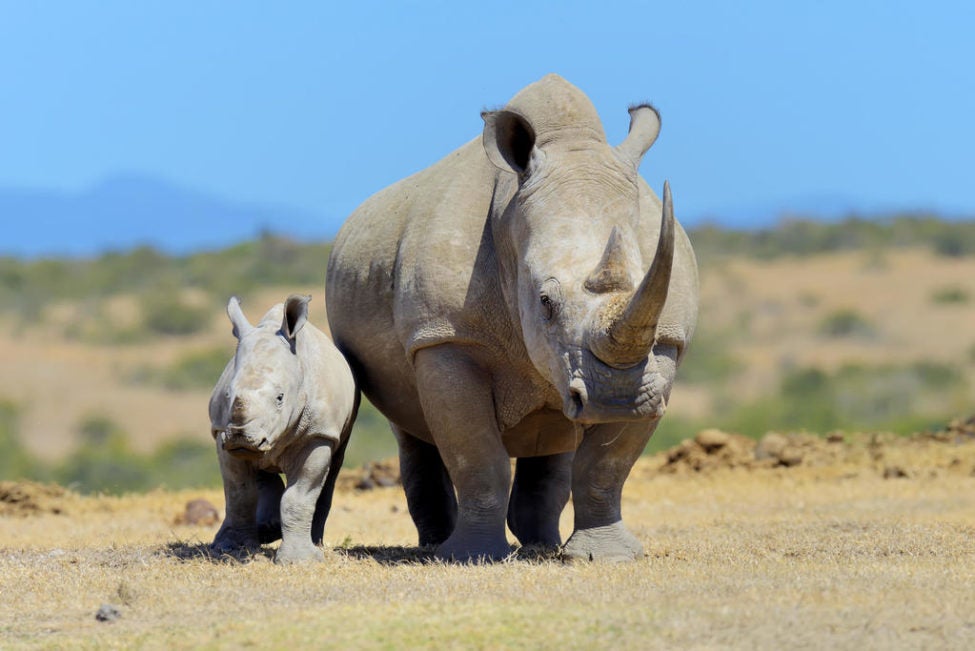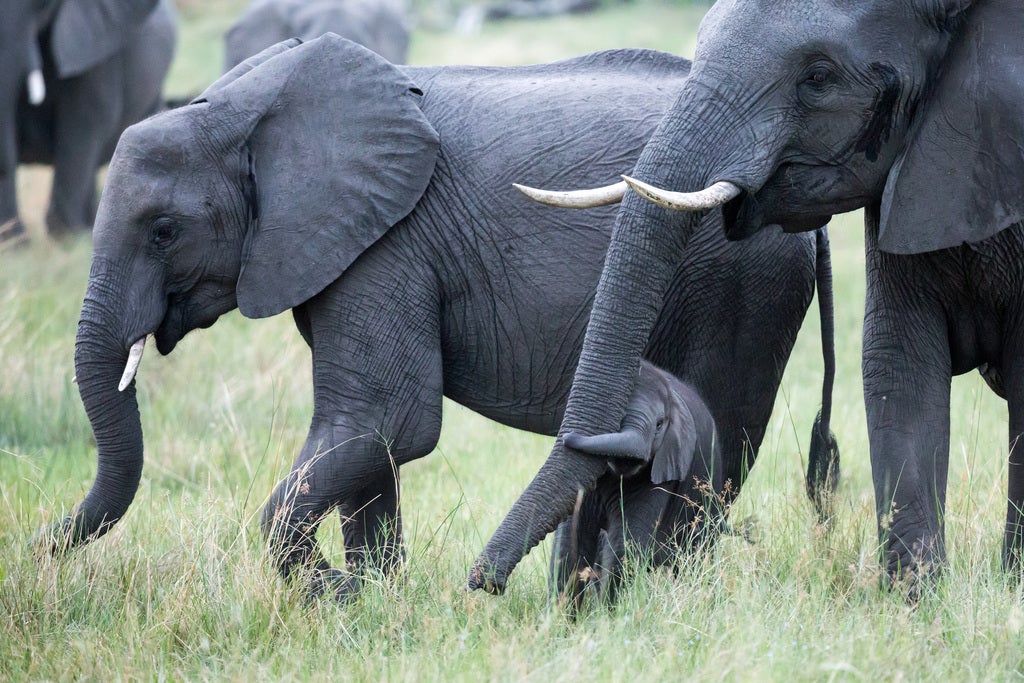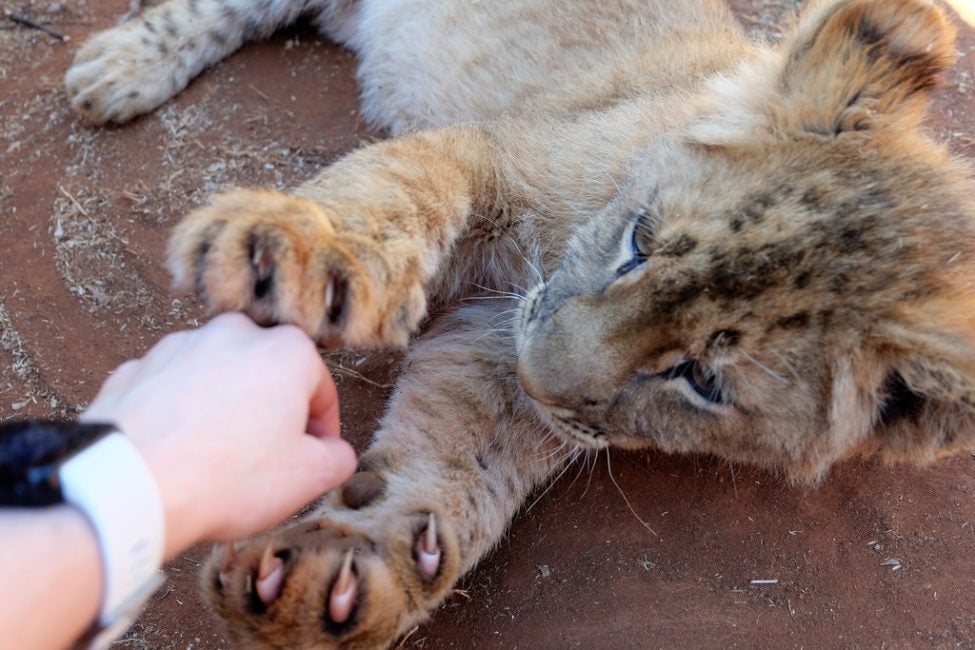Overview
Trophy hunting is the unethical practice of killing wildlife for entertainment to obtain the animal’s body or its parts, such as head, teeth, horns or tails, for display as a trophy. Trophy hunters often pay large sums of money to kill rare or charismatic animals and enter their achievements into record books for awards kept by hunting organizations. Trophy hunting is not only unethical treatment and killing of animals, but it is also extractive and can harm conservation efforts by exacerbating direct and indirect threats facing many imperiled species. Trophy hunters travel all over the world for hunts, as over 75 countries import and/or export hunting trophies.

85,841
Trophies traded globally between 2016 and 2020 from CITES-listed mammals

>3,600 per year
Threatened or endangered animals killed for trophies

34 per day
Trophies entering the U.S. on average, the #1 importer globally; the EU is #2
The issue

Trophy hunting is an industry built on cruelty for the purposes of entertainment and bragging rights. It celebrates and incentivizes the killing of animals by orchestrating competitions to kill the most, the rarest or the largest animals. The industry includes canned (captive) hunting, the “guaranteed” killing of captive-bred animals in fenced areas.
Trophy hunting also significantly impacts conservation efforts, as the targeted offtake of animals can contribute to population declines and other indirect effects.
Trade data shows that tens of thousands of CITES-listed mammals are killed by trophy hunters each year, including species assessed as vulnerable, threatened and endangered.
HSI works to raise public awareness and end corporate support of trophy hunters’ interests, as well as improve legal protections and encourage alternatives.
Trophy hunting facts:
- The most-coveted animals for trophies include American black bears, Hartmann’s mountain zebras, Chacma baboons, African elephants, lions, leopards and gray wolves.
- Trophy hunting represents a source of unnatural mortality as trophy hunters often target healthy, reproductive-age animals, especially those that are large or have impressive physical attributes. This unnatural selection pressure can create havoc with far-reaching direct and indirect negative impacts on populations and humans.
- Trophy hunting includes the practice of “canned hunting” where commercial operators breed and raise animals (especially lions) in captivity to be shot for trophies in enclosed areas where they cannot escape. The animals have nowhere to escape hunters, violating fair chase ethics within the hunting community. These operations have serious welfare implications and make no contributions at all to conservation.
- Most international trophy hunters are American as the U.S. imports 75% of the CITES-listed mammal trophies traded globally. A U.S.-based hunting industry group, Safari Club International, drives demand for imperiled species and promotes the competitive killing of wildlife for entertainment.
- The European Union is the world’s second largest importer of CITES-listed mammal trophies. Germany, Spain, Denmark, and Austria import the most trophies among the EU countries, while Romania, France, Spain, and Denmark export the most. France, the Netherlands, Finland and Belgium have varying degrees of hunting trophy import prohibitions in place.
Help slam the door on importing trophies into the EU
Add your name to stand against this gruesome industry




